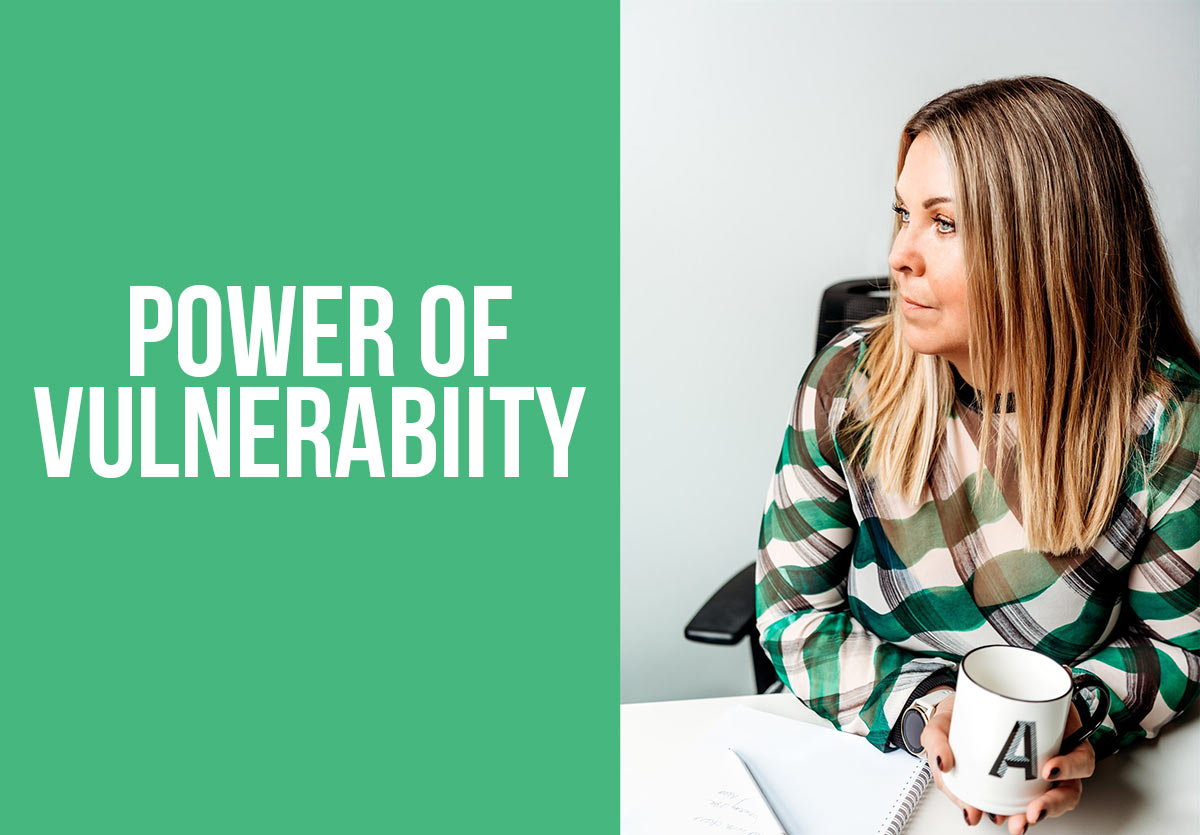In a light-hearted moment during CPR training with my husband a few weeks ago, he jokingly remarked, “You’re the only casualty to put yourself in the recovery position.” Little did I know that this playful comment would spark profound introspection, not only about my own tendencies but also about the evolving nature of coaching.
I’ve always been someone who likes to be in control, someone who finds it challenging to embrace vulnerability. It’s not surprising, given my personal history, which I shared in my first book, “Enough.” My life experiences have equipped me with a built-in threat detector, and a constant need to maintain control. However, my husband’s lighthearted comment served as a catalyst, pushing me to let go of control and trust that I was safe in his capable hands.
The second attempt at putting me in the recovery position was significantly smoother, underscoring the profound impact of letting go of control and embracing vulnerability.
In my work as a coach, I encounter numerous individuals who, much like me, are inclined to “put themselves in the recovery position.” They struggle to relinquish control and often present a facade, hiding behind a Pretender Mask. To create real value, I believe in transparency. I can’t sit in the non-directive space, as we’d merely dance around the issues. So, I choose to reveal my own vulnerabilities.
I acknowledge that I, too, grapple with trust, and vulnerability, and sometimes struggle to remove my Pretender Mask. When I share this with my clients, they often look at me with disbelief, questioning, “You’re a coach; surely you have it all together?” My response is a simple, “Nope, I’m human, and I’ve learned to manage it—albeit not always successfully.” This admission creates a common ground, and a shared connection, and opens the door to building trust and intimacy.
The beauty of this approach is that it allows the client to start relinquishing control and step onto a level playing field. This new style of coaching embraces vulnerability, trust, and the authenticity of both the coach and the client.
Traditional coaching, where the coach remains emotionally detached and uninvolved, had its place in a world where emotions and vulnerability were rarely discussed. However, today’s coaching is evolving. We must show people that they don’t need to put themselves in the recovery position, figuratively or literally. This is precisely what we strive to achieve at Paseda360 – to help our clients “Escape the Ordinary.”
In conclusion, the journey from the recovery position to embracing vulnerability and trust is a transformative one, both for individuals and the coaching industry. It’s a testament to the evolving nature of coaching, where authenticity and emotional openness pave the way for meaningful and impactful change.







